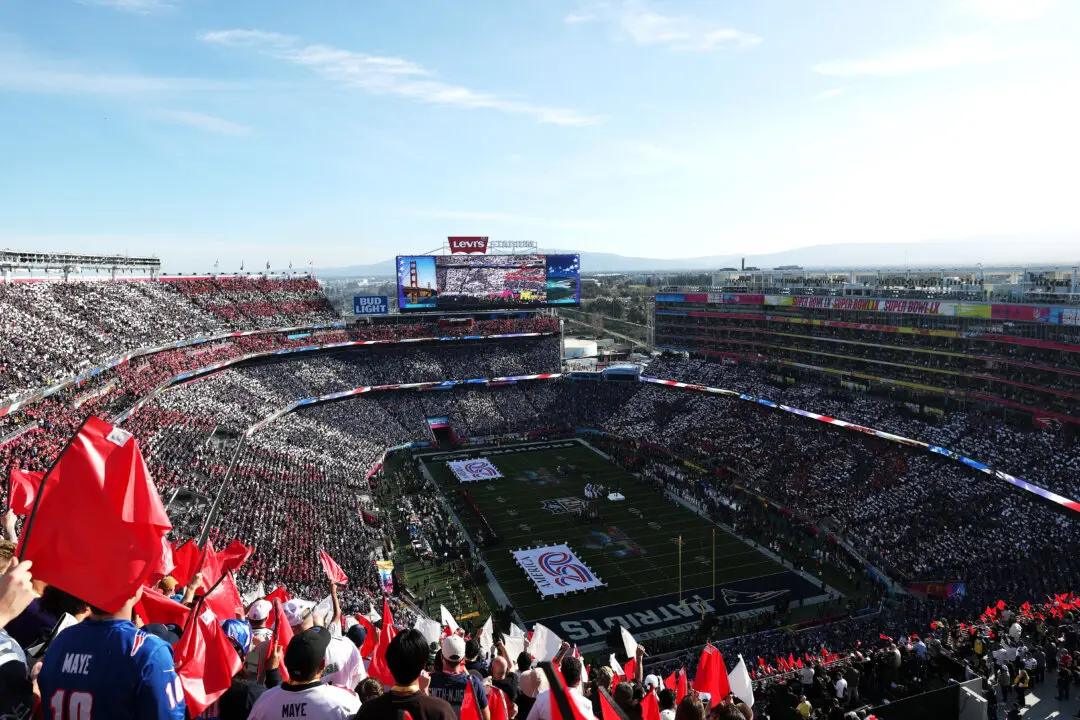Commentary
I begin every farm tour the same way: by reminding guests that 73 percent of the DNA in a healthy human gut overlaps with the microbial DNA found in healthy soil. Whether you take that as hard science or holy metaphor, the message is clear: We were never meant to be separate from the soil. We are made to live in it, breathe with it, and eat of it.





